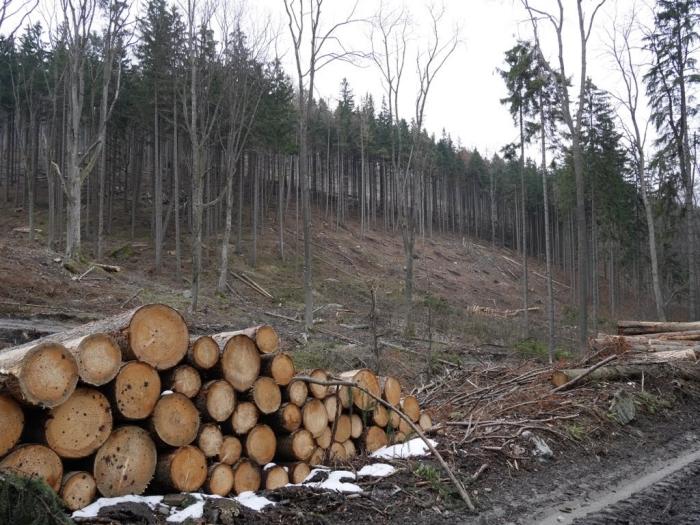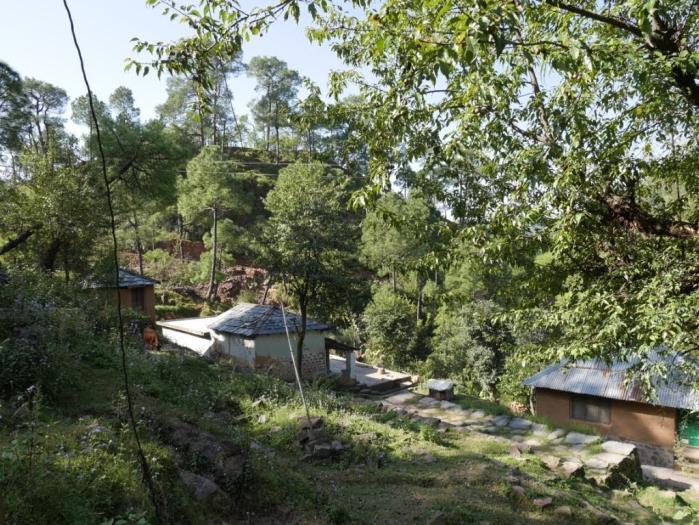International Day of Forests

Forests are so crucial to the future of our planet that in 2012 the UN General Assembly proclaimed 21 March the International Day of Forests. The theme for 2023 is ‘Forests and Health,’ with the slogan ‘Healthy Forests for Healthy People.’ The goal of the annual event is to raise awareness on the value of forests throughout the world. In fact, forests are beneficial to our health, improving our wellbeing, mitigating climate change, purifying air and water, and providing food and nutrition. Forests also reduce the risk of natural disasters, such as droughts, floods, and landslides.
However, forests are threatened by increasing deforestation. FAO estimates that 420 million hectares of forest — an area larger than the European Union — were lost to deforestation between 1990 and 2020.
It is our responsibility to protect these priceless natural resources.
Sustainable forest management is essential to halting climate change and promoting the well-being of both present and future generations. Moreover, forests are essential for reducing poverty and achieving the Sustainable Development Goals (SDGs). In particular, SDG 15 aims to “protect, restore and promote sustainable use of terrestrial ecosystems, sustainably manage forests, combat desertification, and halt and reverse land degradation and halt biodiversity loss.”
The effects of deforestation and forest degradation on climate change and biodiversity loss are profound. The rate of deforestation and forest degradation is worrying. Every year, 10 million hectares of forests are lost. Our agricultural systems are to blame for this.
For these reasons, on 6 December, the EU co-legislators came to a provisional political agreement on the EU Regulation on deforestation-free products. The content is now being evaluated for a formal adoption no later than June 2023 and entrance into application no later than the end of 2024 or the beginning of 2025.
With the new regulation on deforestation and forest degradation, the EU hopes to incentivise countries to step up the protection of their forests and to foster transparent and sustainable supply chains around the world. Most importantly, the EU wants to take responsibility, ensuring that EU consumption no longer contributes to deforestation.
Forests play an environmental, economic and social role, but the impact of our consumption is destroying them.
The new EU forest strategy for 2030 lays out a plan of action and a vision for enhancing the quantity and quality of forests throughout the EU while boosting their protection, restoration and resilience. This is necessary to ensure that forests continue to serve their socio-economic purposes and to guarantee thriving rural communities. The EU Forest Strategy includes commitments to strictly protect remaining EU primary and old-growth forests, ensure that forests are managed sustainably, and improve the monitoring of EU forests. It also aims to increase forest coverage in the EU, by planting 3 billion additional trees by 2030.
In 2022, EU Delegations and EC Representations launched the global campaign #ForOurPlanet in the context of CoP27 and CoP15. The joint EU campaign calls for action to address the climate and nature crises across the globe. The campaign also emphasizes projects related to the pledge to grow 3 billion new trees across Europe.
In the context of CoP27, European Commission President Ursula von der Leyen, on behalf of the EU, signed five Memoranda of Understanding for a Forest Partnership with Guyana, Mongolia, the Republic of Congo, Uganda and Zambia. The aim of these Partnerships is to reverse deforestation in the countries and subsequently improve climate and biodiversity protection. The EU has developed a comprehensive framework for cooperation on forests to protect, restore, and ensure the sustainable use and management of forests, as well as good forest governance, the strengthening of forest-based value chains, the promotion of stable and legal business environments, and the sustainability of trade in products that drive deforestation.
Healthy forests, resilient communities and thriving economies are all interrelated.








